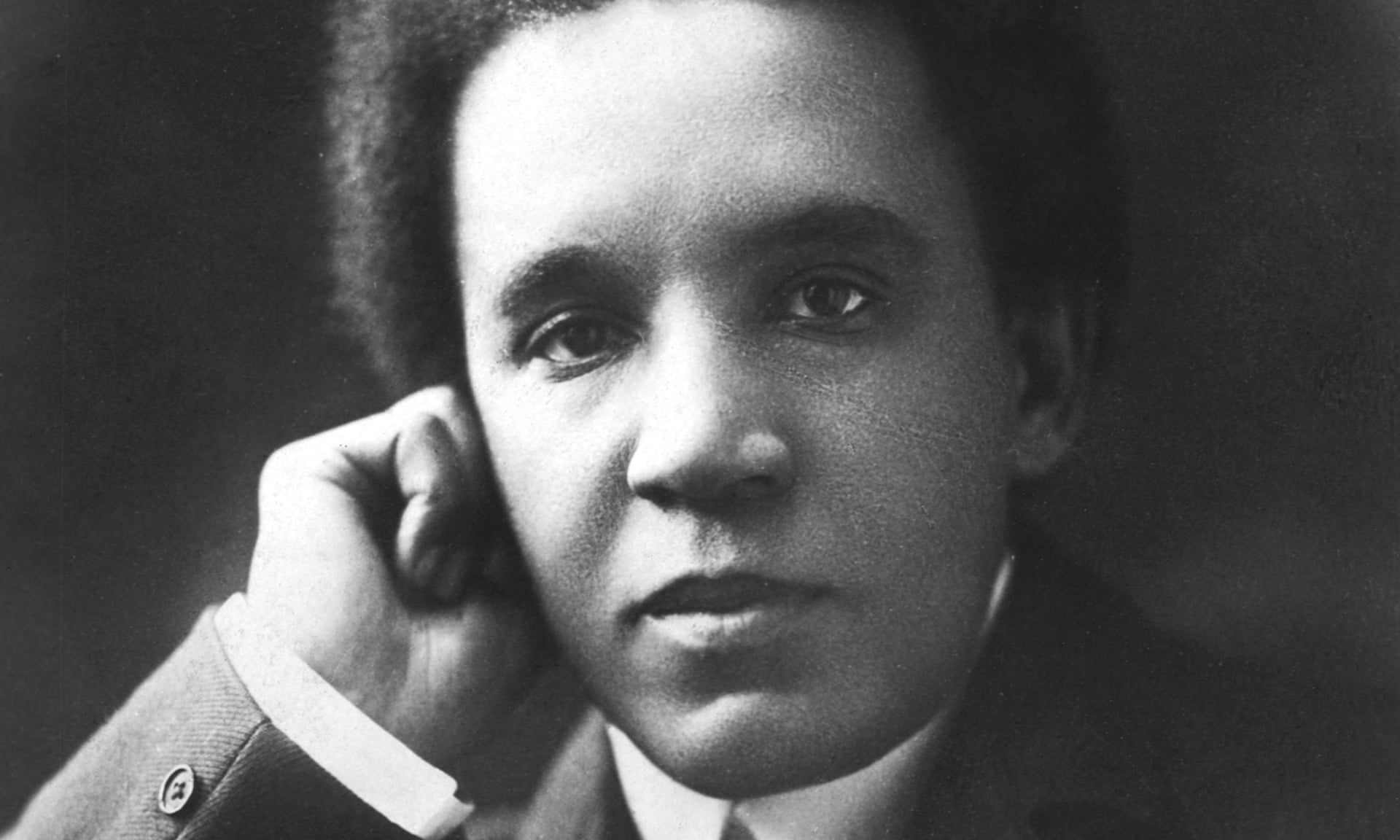Illicit Labor: MacArthur’s Mistress and Imperial IntimaciesPosted in Articles, Asian Diaspora, Biography, History, Media Archive, United States on 2015-10-06 18:04Z by Steven |
Illicit Labor: MacArthur’s Mistress and Imperial Intimacies
Radical History Review
Volume 2015, Number 123 (October 2015)
pages 87-114
DOI: 10.1215/01636545-3088168
Vernadette Vicuña Gonzalez, Associate Professor of American Studies
University of Hawaii, Mānoa
This essay examines a brief affair between General Douglas MacArthur and a mixed-race Filipina vaudeville actress named Isabel Rosario Cooper. It focuses on Cooper’s little-documented and underexamined life as a way to understand how the intimate politics of the bedroom overlapped with the libidinal economies of the cosmopolitan Philippine entertainment industry, American military occupation, and broader geopolitical relations of imperial desire. Cooper and MacArthur’s liaison was constitutive of as well as constituted by the larger international “romance” between the United States and the Philippines that MacArthur himself oversaw in the early and middle part of the twentieth century. Going beyond the salacious details of an illicit love affair, this study seeks to illuminate how intimacy made up a type of imperial labor writ small, which served to underpin the project of US imperialism as crucially as colonial administration or military occupation.
Read or purchase the article here.



